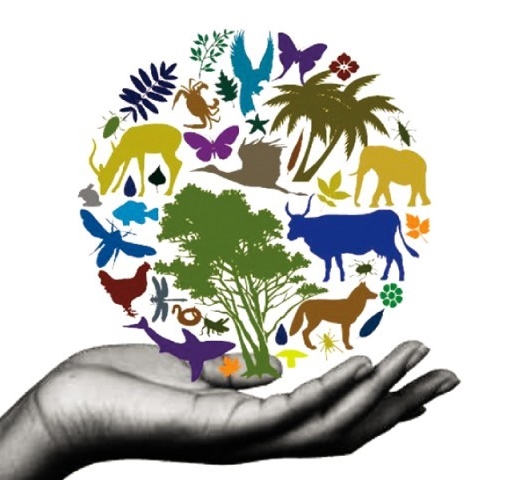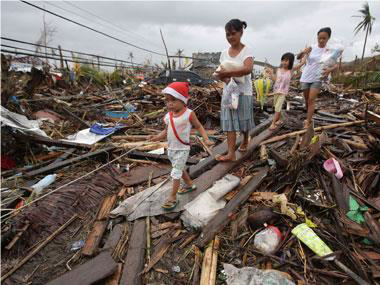Established in 1964 and hosted every 3 years, ICWES is the flagship event of the International Network of Women Engineers and Scientists (INWES). ICWES attracts in excess of 500 engineers and scientists from all over the world, providing a unique opportunity to exchange information on their work, careers and offers a plethora of opportunities to discuss innovative technologies in the 21st century across the engineering, science and technological professions, allowing unrivalled networking with colleagues in business, academia and government. Details of previous editions of ICWES can be found here.
ICWES18 will be structured around the theme ‘Global Humanitarian Challenges’ covering topics such as pollution, renewable energy, sustainable cities, water and sanitation, natural/man-made disasters, along with a newly added topic of Pandemics/COViD-19. The conference will also focus of role of the education and training of women in tackling societal challenges.
What does it involve?
The 21st century humanitarian challenges are complex phenomena manifested at variable temporal and spatial scales; affecting society through disruption in economic, political, cultural and institutional systems – these can therefore not be treated in isolation.
ICWES will act as an international platform where global challenges will be seen as complex ‘emergent systems’ which require input from a variety of disciplines and stakeholders to promote proactive communication, diversity and considerable organisational and cultural changes.
A holistic approach to global challenges will enable attendees to understand the reality of what it’s like to work within social, economic, legal, ethical and other constraints, and how innovative thinking is required to solve real-world problems.
There is a need to introduce the global dimension of engineering and sciences; a new paradigm can only be achieved by many stakeholders working together and tackling with engineering, economic, as well as social and environmental problems. Attendees will be able to use their knowledge and skills to contribute to and lead on important social and environmental debates and, potentially, make a real difference in the world.
Conference topics
The main topics of the conference are:
Climate Change
The consequences of climate change are already being responded to and much debated the world over. This topic aims to cover how climate change affects the needs of already vulnerable populations, consideration of current and future climate-related humanitarian needs and to the knowledge gaps that remain.
|
 |
Education, Training, and Ethics
The topic is an introduction to humanitarian education and training from ethical, cultural, and practical perspectives. In recognition of the wide range of skills and broad knowledge-base that humanitarian professionals require today, the topic will discuss in-depth training and education subjects. Interdisciplinary research projects foster critical analysis of the humanitarian sector and humanitarian work, with the aim to improve performance, and encouraging reflection on professional practices, the politics of humanitarianism and humanitarian organisations.
|
 |
Ecosystems and Biodiversity
Biodiversity is fundamental to sustaining life, supplying critical ecosystem services such as food provisioning, water purification, flood and drought control, nutrient cycling, and climate regulation (OECD, 2014). This topic will focus on the impact of human intervention on ecosystems and subsequent biodiversity loss. Its principal objective is to mainstream the values of biodiversity and ecosystem services into decision-making at all levels.
|
 |
Global Health
The costs of natural disasters, and of wars and other man-made catastrophes go beyond the immediate loss of life, property, infrastructure and livelihood. The public health crisis that unfolds over ensuing weeks and months leaves much deeper, permanent scars in the form of reduced quality of life and disrupted national economies. These effects are compounded in resource-limited settings, where catastrophes result in population displacement and undermine health facilities’ capacity to provide care, since fully-established disaster management programmes are often lacking.
|
 |
Gender and STEM
This topic will encourage and recognise commitment to advancing the careers of women in science, technology, engineering and maths (STEM). Work undertaken to address gender equality more broadly, and not just barriers to progression that affect women, will be discussed. Case studies illustrating gender as a valuable dimension to research, innovation and discovery are also welcomed.
|
 |
Pandemics/COViD-19
COViD-19 and other pandemics are impacting vulnerable groups, communities and countries. This topic will offer the opportunity to present a global perspective on the latest research and analysis on the multi-dimensional aspects of pandemics and in particular of the recent COViD-19, considering their physical, social, economic, environmental, institutional, political, cultural and gendered dimensions.
|
 |
Resilient Infrastructures
In many developing countries, basic infrastructures-housing, power, water, sanitation, information and communications technologies, and roads-are insufficient, or non-existent. Inadequate access to infrastructures is a key barrier to economic growth. It inhibits access to health care, education, and markets.
This topic will cover:
- Disaster-resilient infrastructures
- Infrastructures in developing countries
- Vulnerability of critical infrastructures
|
 |
One humanity, Shared responsibility
For the future of our planet, we need globally responsible scientists who can confront challenges and create environmentally sound and culturally sensitive solutions. The topic focuses on building awareness of the impact that the role of scientists has in tackling with these challenges. This topic will be devoted to the involvement and empowering of specific voices in humanitarian challenges, i.e. women, non-governmental organisations, volunteers and students.
|
 |
Renewable Energy Technologies
The already developed and developing economies face a two-fold energy challenge in the 21st century: Meeting the needs of billions of people who still lack access to basic, modern energy services while simultaneously participating in a global transition to clean, low-carbon energy systems. And historic rates of progress toward increased efficiency, de-carbonization, greater fuel diversity and lower pollutant emissions need to be greatly accelerated in order to do so. |
 |
Sustainable Cities
Sustainable communities are defined as towns and cities that have taken steps to remain healthy over the long term. Sustainable communities have a strong sense of place. They have a vision that is embraced and actively promoted by all of the key sectors of society, including businesses, disadvantaged groups, environmentalists, civic associations, government agencies, and religious organisations. They are places that build on their assets and dare to be innovative. These communities value healthy ecosystems, use resources efficiently, and actively seek to retain and enhance a locally based economy.
|
 |
Urban Resilience, Disasters and Data
The increasing impact of disasters and their complexity in many parts of the world have highlighted the importance of implementing risk reduction and disaster management efforts. In response, digital and mobile technologies have been increasingly used for harvesting information from the ‘crowd’ that can be used to support strategies for reducing disaster losses of lives and assets. The topic aims at introducing disaster management and urban resilience with an emphasis on the use of innovative digital media to generate crowdsourced information.
|
 |
Water and Environmental Sustainability
This topic will be structured around water and its complexity. The attendees will be engaged in an interdisciplinary approach to the matter. The topic will focus on sound water treatment and management and the requirements of sustainable development. |
 |












